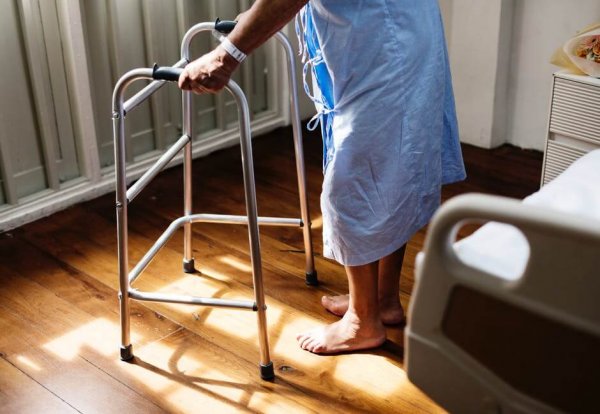
After a brain injury, your loved one may not know how to ask for help. In fact, he or she may be struggling just to get through the day. This could either be because they can no longer function in the same way that they once used to or are just overwhelmed by their condition. To help you know how to best help them, here are some ways that you can respond when a loved one suffers a brain injury.
Be Supportive
Many people that have a brain injury don’t know how to reach out to those around them. They may feel isolated by their situation or they may even be embarrassed that they can’t do things for themselves the same way as before. Asking them how you can help may not be as beneficial as you may think. Often times, they’re unsure of what they even need themselves. Just being there for them can make them feel better. A part of being supportive is more than just being present. Don’t treat them like they’re a different person—and, especially, not like a child. You should treat them equally to have you treated them before their injury.
Help with Household Tasks
As mentioned above, asking how you can help might not be the best idea. However, taking action and helping where you see a need is definitely helpful and will be appreciated. You can help with anything from meal prep to household chores. Here are just a few things that you could consider doing:
- Prepare meals that are easy to reheat
- Clean up the house and take out the trash
- Do laundry or any other mundane task
- Bring groceries over to them if they’re struggling financially as their budget might be going more towards medical bills
Honestly, anything that you can think of to do to make even the smallest difference will probably mean a lot to a person with a brain injury. Just know that it may be humbling for them to accept the help.
Provide Offers of Transportation
It may not be safe for someone with a brain injury to get behind the wheel. Set up a schedule to drive your loved one to their appointments. You might even want to attend their appointments. Memory issues are a common problem for those that have a brain injury. This way they won’t miss out on any important information regarding their condition. Getting someone out of the house is a good way to stave off depression. Plan fun activities so that they can feel normal again.
Seek Legal Advice
Depending on how the brain injury occurred, your loved one may need to get legal help. They can assist them through the process of filing a claim. Your loved one may need to be on disability until they’re well enough to return to the workplace. Offer to help them find a good legal representative and take them to meet with them when needed. Because they may not be in the right frame of mind to make major decisions, be supportive and take notes so that they can look back on them later on.
Having a brain injury can make someone feel as though they’re on an emotional rollercoaster. By just being there for them during this difficult time, you are doing a world of good.

